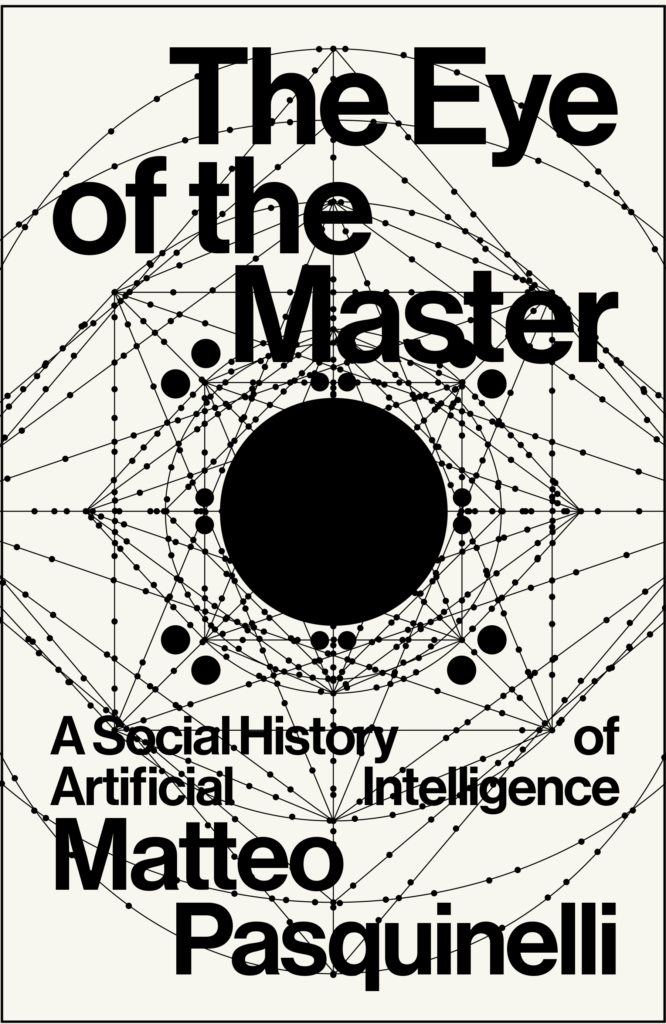 The New York Times (10 December 1888)
The New York Times (10 December 1888)
Matteo Pasquinelli
Art in the Age of the Communism of Capital
Talk
2 July 2010, 20:30 – 22:00
Casco – Office for Art, Design and Theory
Nieuwekade 213-215 [map]
3511 RW Utrecht, The Netherlands
www.cascoprojects.org
Abstract. Many artists are concerned today with forging a new politically engaged art by desperately pushing novel ideas into decaying 19th century formats. Rather than drastically forcing the artistic practice toward ‘activism’, however, it might potentially be more interesting and radical to conceptualise the art world itself as a social symptom. Today, the social coordinates of art need to be rethought. At the start of the 21st century, any avant-garde utopia based on the ‘creativity to the masses’ has been completely surpassed. The aesthetic impulse today belongs more to the dark forces of the mediascape than to the white cube, as social creativity has been massively secularised by creative industries and institutional cultural policies. Is there any escape from the Overcode that neutralised art into such a biopolitical apparatus?
On the geopolitical scale also the big narratives of the 20th century have blurred. Twenty years after the fall of the Eastern bloc, Western countries had to nationalize their banks to avoid the abyss of the financial crisis. Indeed, as Paolo Virno wrote in A Grammar of the Multitude, post-Fordism incarnated a sort of ‘communism of capital’ and collapsed the distinction between two historically antagonistic overcodes. After the claustrophobic parenthesis of Anglo-American activism and its politically correct formats, indeed how to re-imagine art and politics against this avant-garde communism of capital?
—
[from Casco website] ‘Gathering In, Gathering Around’, the third event in the ‘Come Alive!’ series, takes place over a two-week period. It focuses on the unearthing of Casco’s own archive, and will host various meetings with visitors interested in the archive as well as with special guests whose practices hinge on the idea of the “common”, which resonates—or dissonates—with the history of communism. Our idea is to reflect broadly on Casco’s practice, but with particular attention being given to the future of the institution in light of the idea of the common, of open sources inviting communal uses. Against the tide of accelerating deregulation and privatization processes, renowned philosophers such as Slavoj Zizek, Alain Badiou or Michael Hardt and Antonio Negri have recently attempted to renew the concept of communism and the idea of common wealth, and artists and other practitioners likewise look into such possibilities. It is in this vein that Casco’s archive might be performed.

